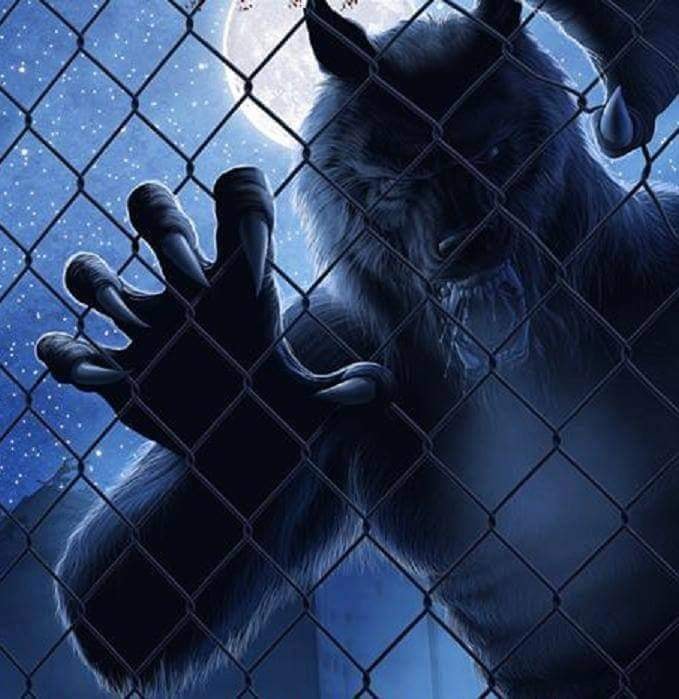Your Gods and my Gods—do you or I know which are the stronger?—Native Proverb.
East of Suez, some hold, the direct control of Providence ceases; Man being there handed over to the power of the Gods and Devils of Asia, and the Church of England Providence only exercising an occasional and modified supervision in the case of Englishmen.

This theory accounts for some of the more unnecessary horrors of life in India: it may be stretched to explain my story.
My friend Strickland of the Police, who knows as much of natives of India as is good for any man, can bear witness to the facts of the case. Dumoise, our doctor, also saw what Strickland and I saw. The inference which he drew from the evidence was entirely incorrect. He is dead now; he died in a rather curious manner, which has been elsewhere described.
When Fleete came to India he owned a little money and some land in the Himalayas, near a place called Dharmsala. Both properties had been left him by an uncle, and he came out to finance them. He was a big, heavy, genial, and inoffensive man. His knowledge of natives was, of course, limited, and he complained of the difficulties of the language.
He rode in from his place in the hills to spend New Year in the station, and he stayed with Strickland. On New Year’s Eve there was a big dinner at the club, and the night was excusably wet. When men foregather from the uttermost ends of the Empire they have a right to be riotous. The Frontier had sent down a contingent o’ Catch-’em-Alive-O’s who had not seen twenty white faces for a year, and were used to ride fifteen miles to dinner at the next Fort at the risk of a Khyberee bullet where their drinks should lie. They profited by their new security, for they tried to play pool with a curled-up hedgehog found in the garden, and one of them carried the marker round the room in his teeth.
Half a dozen planters had come in from the south and were talking ‘horse’ to the Biggest Liar in Asia, who was trying to cap all their stories at once. Everybody was there, and there was a general closing up of ranks and taking stock of our losses in dead or disabled that had fallen during the past year. It was a very wet night, and I remember that we sang ‘Auld Lang Syne’ with our feet in the Polo Championship Cup, and our heads among the stars, and swore that we were all dear friends. Then some of us went away and annexed Burma, and some tried to open up the Soudan and were opened up by Fuzzies in that cruel scrub outside Suakim, and some found stars and medals, and some were married, which was bad, and some did other things which were worse, and the others of us stayed in our chains and strove to make money on insufficient experiences.
Fleete began the night with sherry and bitters, drank champagne steadily up to dessert, then raw, rasping Capri with all the strength of whisky, took Benedictine with his coffee, four or five whiskies and sodas to improve his pool strokes, beer and bones at half-past two, winding up with old brandy. Consequently, when he came out, at half-past three in the morning, into fourteen degrees of frost, he was very angry with his horse for coughing, and tried to leapfrog into the saddle. The horse broke away and went to his stables; so Strickland and I formed a Guard of Dishonour to take Fleete home.
Our road lay through the bazaar, close to a little temple of Hanuman, the Monkey-god, who is a leading divinity worthy of respect. All gods have good points, just as have all priests. Personally, I attach much importance to Hanuman, and am kind to his people—the great gray apes of the hills. One never knows when one may want a friend.
